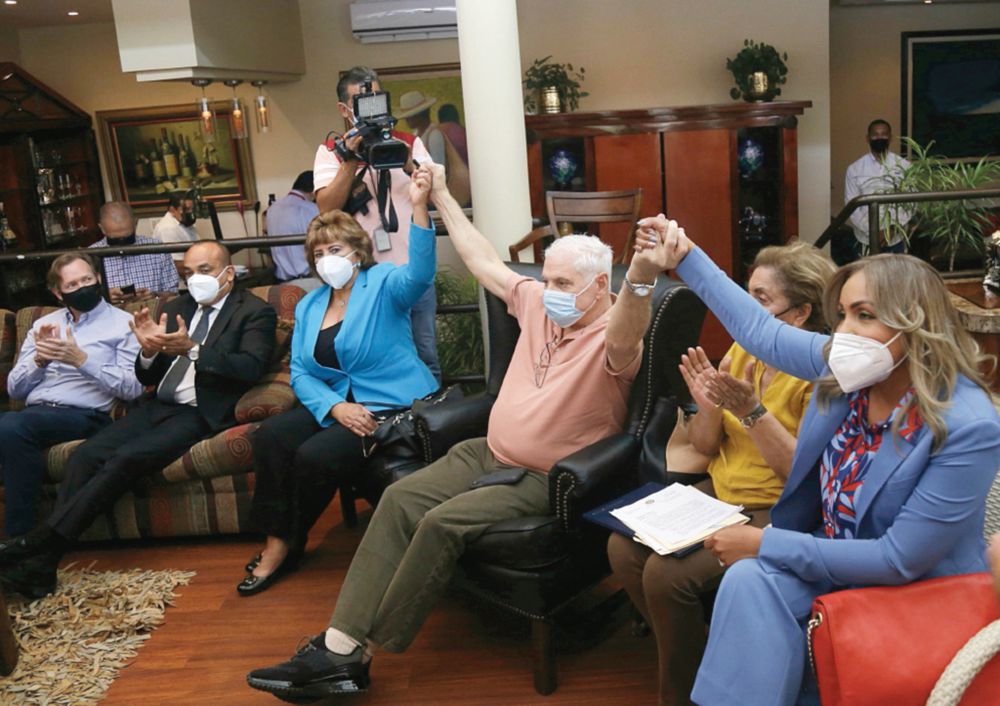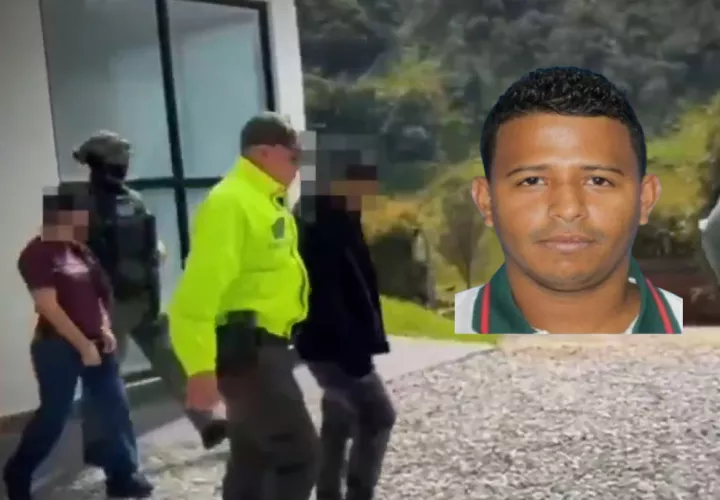Martinelli lawyers’ strategy backfires

Former magistrate Harry Díaz, who served as the prosecutor in the illegal-wiretapping trial of ex-president Ricardo Martinelli when it fell within the jurisdiction of the Supreme Court, reacted to Martinelli’s attempt to suspend his trial with a third disability.
“It is evident that Martinelli is making fun of the administration of justice in the country. However, we must remember that it is the duty of the oral trial judges to correct all kinds of irregularities within the process, precisely to avoid delays, as is contemplated in article 63 of the Criminal Procedure Code, “said the former judge.
“Unfortunately, despite the fact that the prosecution and the plaintiffs requested that the defendant be declared in absentia, —with an elective operation that was deliberately carried out two days before the date of the trial—, the judges did not declare him in absentia. It is well known that the defendant does not want to appear at trial not because he cannot, but because it is not convenient for him to fail on the merits in such a forceful case, such as wiretapping, “added Díaz who as the prosecutor had called for a 20 year sentence for Martinelli.
According to the judges, the request was presented on July 12, just a few days after the former president met with a group of deputies from Cambio Democrático, his old party, at the Martinelli family clubhouse in Altos del Golf. Martinelli arrived at the meeting in a Lexus van, from which he greeted and smiled at the journalists who covered the activity. A journalist asked him if he would attend the trial on July 21, and he replied that it depended on the “strategy” of his lawyers.
The courts reaction to the strategy was to declare it “inadmissible.”
The document, dated July 15, bears the signature of judges Iveth Francois Vega (president), Jennifer Saavedra Naranjo, and Marisol Osorio Leyton .
The three judges cited article 18 of the Criminal Procedure Code , which says: “those who intervene in the proceedings must do so with loyalty and good faith, without recklessness in the exercise of procedural rights and duties.” This provision also warns that the judge will use his powers to reject any request or act that involves “a manifest delay of the parties.”
They also mentioned article 15 of the same code, which states: “everyone has the right to a final judicial decision issued in a reasonable time. All actions must be provided without unjustified denunciations ”.





